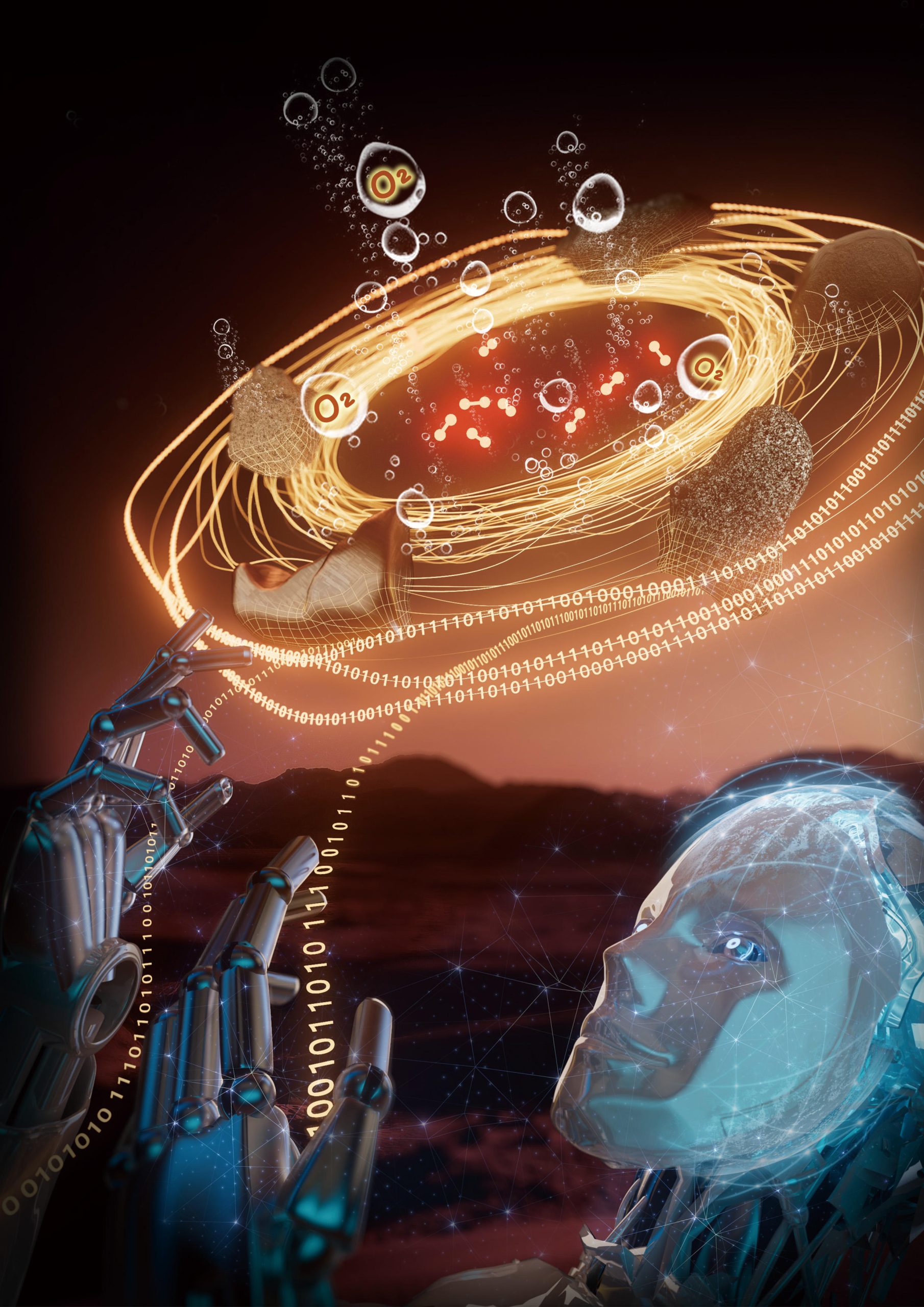
Scientists have made a groundbreaking discovery in the quest to create oxygen on Mars. A team of researchers has proposed a method that involves using plants coated with a specific bacteria called Chroococcidiopsis Cubana. This bacteria consumes carbon dioxide (CO2) and produces oxygen. The team conducted a 30-day experiment to monitor the oxygen output of the biocoating and found that it consistently produced 0.4 grams of oxygen per day. They named this invention the Green Living Plant.
In a recent development, a Chinese team has shown that it might be possible to produce oxygen on Mars using only material present on the Red Planet. The team used an AI chemist to analyze the composition of Martian meteorites and identify molecules that could be used as catalysts to turn water into oxygen using solar power. The AI chemist found an optimal formula for the catalyst in just two months, a task that would take a human 2,000 years. The resulting catalyst performed well in tests, operating steadily for over 550,000 seconds. The researchers believe that in the future, an oxygen factory could be established on Mars with the assistance of AI chemist.
China has also made significant progress in the colonization of the Moon and Mars. Researchers at the University of Science and Technology of China have developed an AI robot that can extract oxygen from lunar or Martian ice. The robot uses materials at its disposal to produce catalysts from rock samples found nearby. The project aims to utilize local resources to prepare necessary chemicals and materials for humans. The robot has been tested at a typical Martian temperature of -37°C and has demonstrated its ability to operate remotely. However, there are challenges to overcome, such as the need for significant computing power and hardware that can withstand the high radiation conditions on Mars. The hydrogen left after oxygen extraction can be used as fuel.
The combination of these two breakthroughs holds great potential for future space exploration and colonization efforts. The bacteria-coated plants and the AI chemist's catalyst could work together with the AI robot to create a sustainable oxygen production system on Mars. However, there are still challenges that need to be overcome for this method to be practical on the Martian surface.
A team of researchers from the University of Science and Technology of China has developed an AI-powered chemical robot capable of extracting oxygen from Martian materials. The robot, resembling a large box with a robotic arm, was equipped with Martian meteorites and compositions that mimic the Martian surface. With minimal human interaction, the AI-powered chemist used acids and alkalis to break down the Martian mineral and analyze its composition. The robot chemist autonomously completed the entire process, from preparing the Martian material to testing and synthesizing the optimal formula. The team estimated that a single square meter of Martian soil could produce about 60 grams of oxygen per hour using their chemical robot. This breakthrough not only has implications for oxygen production but also for the creation of various catalysts and compounds using locally available resources. It expands the boundaries of chemical synthesis in remote and resource-limited environments. The production of oxygen on Mars would eliminate the need to transport it from Earth, reducing costs and logistical challenges for human missions to the planet. It would also provide a vital resource to support human presence on Mars by enabling breathable air and potentially serving as rocket propellant.
Chinese scientists have used artificial intelligence to operate a robot that has discovered a process to make oxygen on Mars using materials found on the planet. The robot determined that solar-powered electrochemical water oxidation processes, using an oxygen evolution reaction catalyst made from local materials, can enable in situ production of fuel and oxygen on Mars. The study emphasizes the importance of oxygen supply for human activity on Mars and the potential for large-scale oxygen production on the planet.